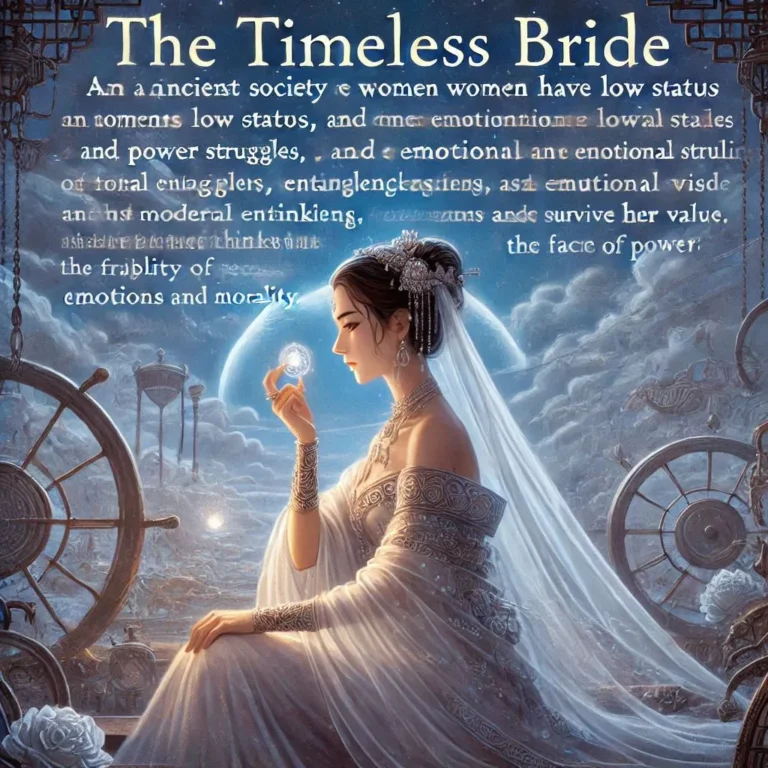Advisor: “Yes. Albert was an excellent, gentle, and tolerant young man. Wilhelmina mentioned this often in her diary, expressing gratitude for his generosity and forbearance. This was likely key to their successful marriage. For Hans Boger, Albert was undoubtedly the third party.”
Host: “But he could do nothing. This marriage was beneficial to Wilhelmina’s future, and he prioritized her interests.”
“Advisor: “People in their position must weigh marriage within the context of their interests. Wilhelmina handled this well, though she admitted she hadn’t considered what marriage should be like. Perhaps her lack of expectations allowed her to make this decision. A girl with dreams of marriage and love might find such a situation painful.”
Host: “Wilhelmina seemed to be a late bloomer in romantic feelings.”
Advisor: “This was likely due to her childhood. Her parents divorced before she was born, leaving her without a model of a normal family marriage. Thus, achieving happiness in her marriage was no small feat, and Prince Albert’s contribution was significant.”
Host: “How did Albert view this marriage? It’s challenging to understand him. In media and records, he appears as the perfect husband and father, always a supportive character despite his own talents.”
Advisor: “Only love could achieve this.”
Host (laughing): “Love?”
Advisor: “Yes, love enabled a talented and ambitious man to willingly stay in the background. This required considerable sacrifice. He helped the Queen with official duties, devised strategies, and accompanied her on state visits…”
But whenever the media reported on him, he was always mentioned after the Queen’s name. They rarely reported on his contributions, often glossing over his merits.”
Host: “Because he was the Prince Consort.”
Advisor: “Yes. This is conventional. A royal household can only have one ruler. The Queen tried to highlight her husband’s achievements, supporting his military and technological accomplishments. Although we know the Prince’s outstanding contributions, we cannot praise him too much to avoid overshadowing the Queen. Only after his death could we freely praise him, as he became the father of His Majesty the Emperor, and praising him was praising the Emperor.
Moderator: “It seems being the husband of a queen requires considerable tolerance and perseverance.”
Consultant: “Yes. Without love, this job would be really difficult.”
Moderator (laughing): “When did he fall in love with her?”



